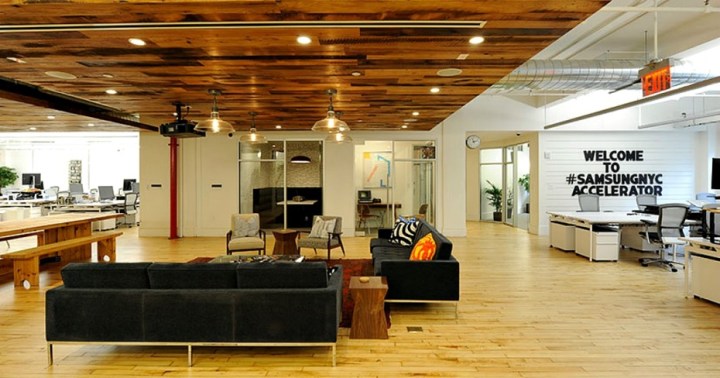
Reports from Gust and Fundacity, firms that track and report on startup accelerators internationally and help connect startups and investors, confirm the trend. The latest figure on numbers of startup accelerators (as of the end of 2015) was 113 in Europe and 111 in the U.S. and Canada. North America has more actual startups within accelerators at 2,968, compared to 2,574 in Europe. The U.S. and Canada also have more than twice as much invested in accelerators ($90,295,774) than does Europe ($41,007,000). The investment figures are in U.S. dollars.
There are many stats about startup accelerators in the U.S. and Canada, in Europe, in the Middle East, in Asia, and in South America, but let’s just look at one more before getting into why this all matters. In 2015, 15 new startup accelerators opened in the U.S. and Canada, but 26 made their debut in Europe.
Startup accelerators matter because they are increasingly seen worldwide as proving grounds for new technology and essential training for entrepreneurs. Gust and Fundacity cite Natty Zola, managing director at Techstars, who said accelerators become, “a proven way to quickly grow a startup by learning from experts, finding great mentorship, and connecting to a powerful network.
“They provide resources that reduce the cost of starting a company and the early capital a team needs to get their venture off the ground or to achieve key early milestones,” Zola continued. “They have become the new business school.”
A significant part of the European Commission’s $900 million annual budget for startups goes to accelerators. The EC and its member nations have begun to focus on startups and the accelerators that breed and nurture them as a good bet to grow new businesses that will employ young people entering the workforce. Interestingly, one-third more U.S. and Canadian accelerators (36 percent) reported some level of public funding than accelerators in Europe (27 percent).
One measure of startup accelerator success is how many startups leave because they go public or are acquired. In the U.S. and Canadian in 2015 the number was 193, while in Europe 33 companies exited accelerators. The disparity in exits compared to the overall number of startups in the two regions may be because startup accelerators are newer in Europe and startups still need more time to “season.” It will be interesting to see if the increase in accelerators and startups continues in Europe.



